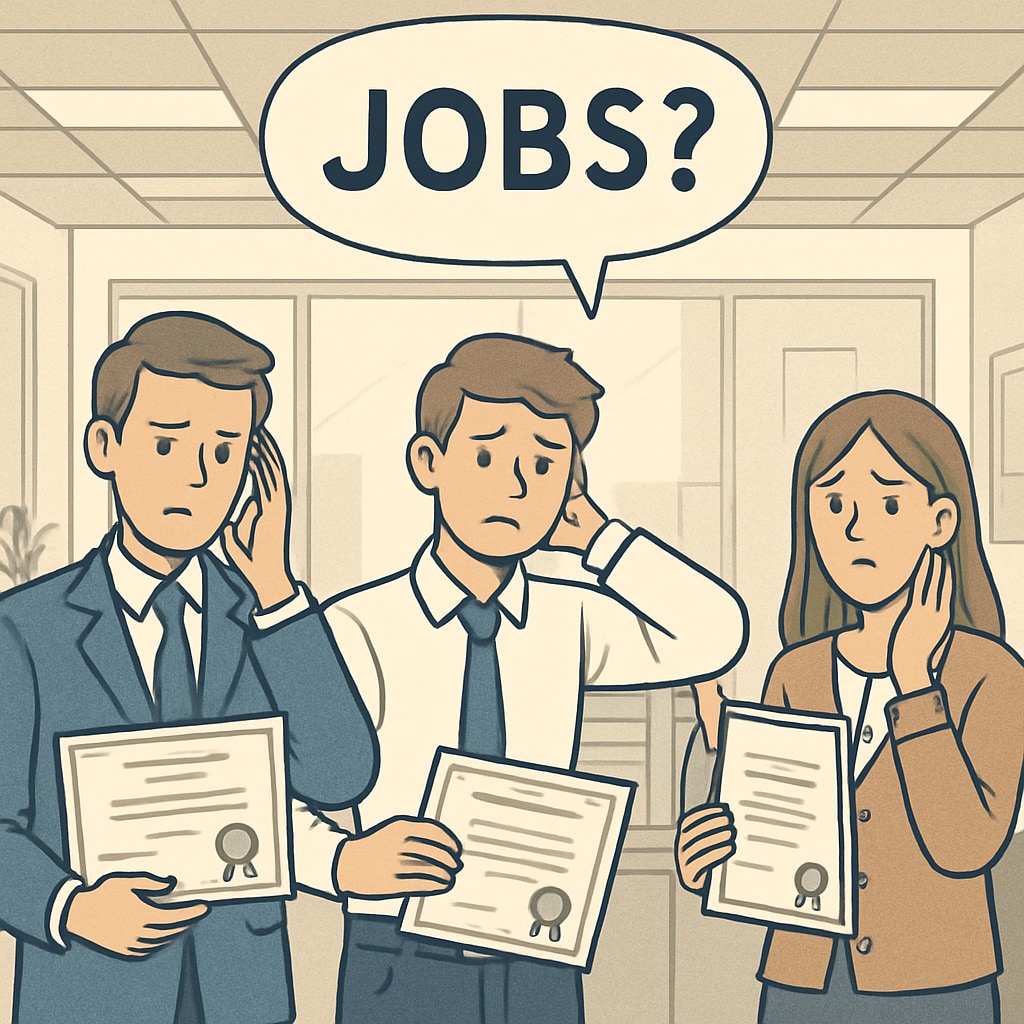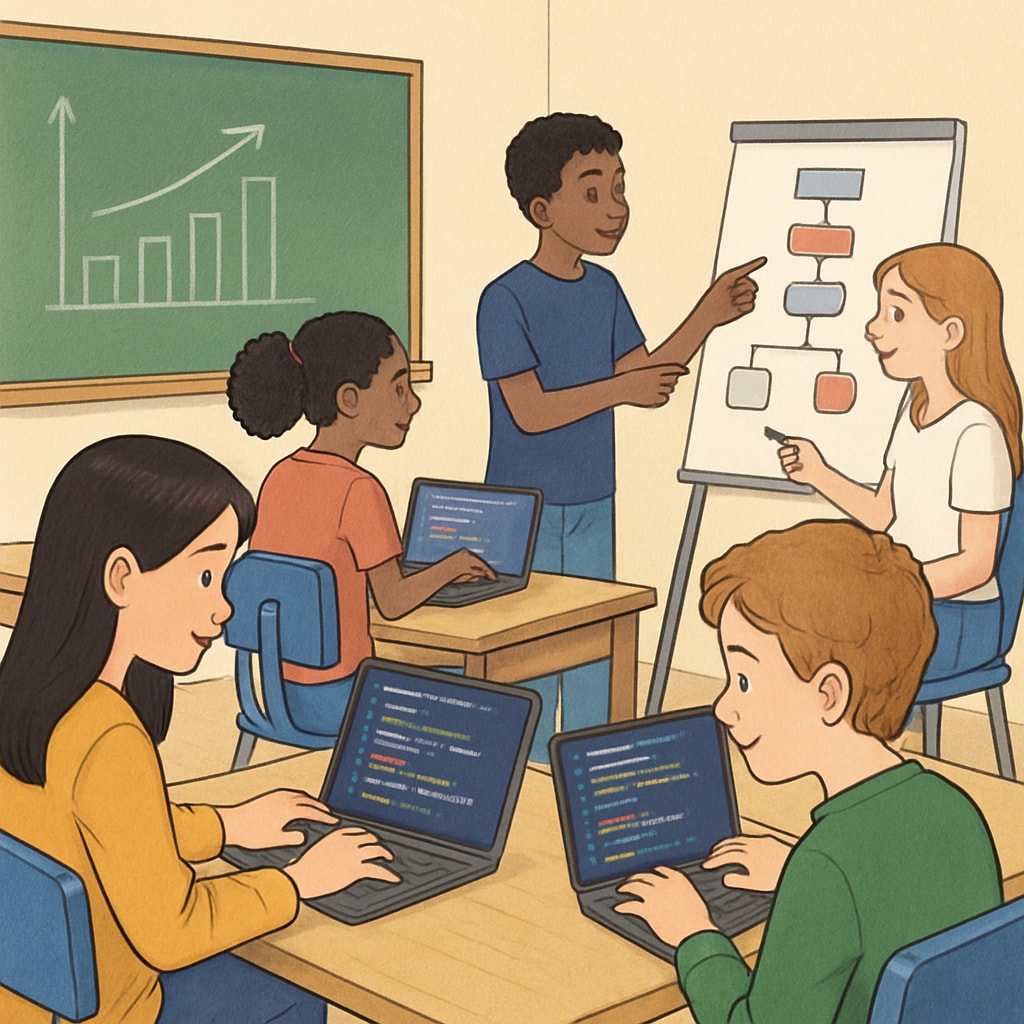The relationship between unemployment rate, education value, and academic achievement has become a critical topic in today’s rapidly changing job market. As unemployment rates remain high globally, many are questioning whether traditional education systems and academic credentials still hold the same weight they once did in ensuring employability. This article delves into the shifting dynamics between education and employment, exploring whether a diploma truly guarantees a future career or if it’s time to rethink its role in modern society.
Are Degrees Losing Their Edge in a High Unemployment Era?
Historically, higher education has been viewed as a cornerstone for securing stable employment. However, the rising unemployment rate is challenging this assumption. In many countries, even graduates with advanced degrees are struggling to find relevant jobs, raising doubts about the practical value of academic achievements. For example, industries such as technology and healthcare are shifting toward skill-based hiring, where hands-on experience often outweighs formal education.
Furthermore, the job market has become saturated with degree holders, diluting the competitive advantage once associated with higher education. According to a Wikipedia entry on unemployment, the mismatch between education systems and market demands has exacerbated the issue, leaving graduates underprepared for modern workplace challenges.

Shifting Focus: Is Skill-Based Education the Future?
As unemployment rates climb, employers are increasingly prioritizing skills over credentials. This trend suggests that traditional academic achievements may no longer be sufficient to meet modern employment needs. For example, coding bootcamps, online certifications, and vocational training programs are gaining popularity as faster, more targeted alternatives to traditional education.
In addition, universities are slowly adapting their curricula to incorporate practical skills, such as digital literacy, critical thinking, and project management. These changes reflect the growing demand for job-ready candidates who can immediately contribute to their workplaces. According to Britannica’s overview of education, the future of learning will likely emphasize adaptability and lifelong skill development rather than static academic qualifications.

Balancing Academic Achievement with Real-World Skills
While the value of academic achievement may be evolving, it’s essential to strike a balance between traditional education and skill development. Degrees still play a vital role in fields like medicine, law, and engineering, where formal credentials are non-negotiable. However, for other industries, a hybrid approach combining academic knowledge with practical experience may be the key to bridging the gap between education and employability.
In addition, governments and educational institutions must work together to address unemployment by aligning academic programs with labor market demands. For example, restructuring curricula to focus on emerging industries such as renewable energy and artificial intelligence could help graduates stay relevant in an ever-changing economy.
Readability guidance: Use concise paragraphs with clear points. Incorporate lists to summarize key ideas and avoid excessive jargon. Ensure over 30% of sentences include transition words for smooth flow.


